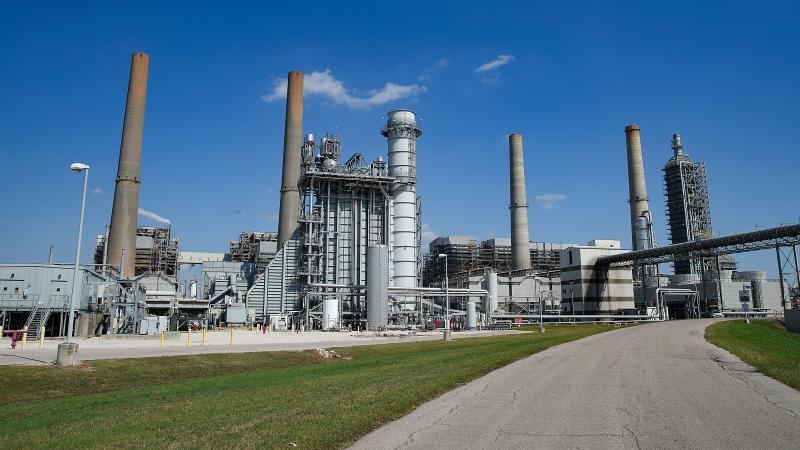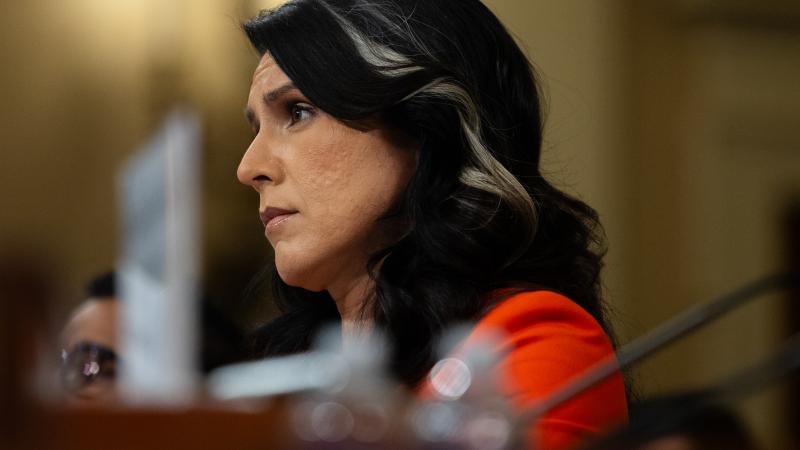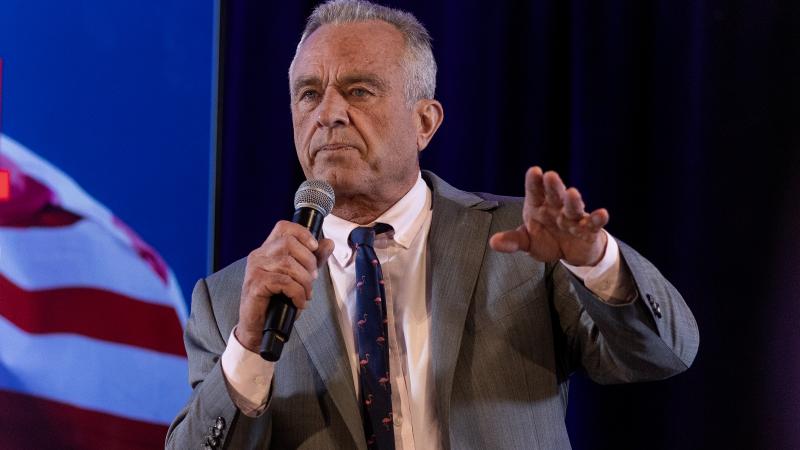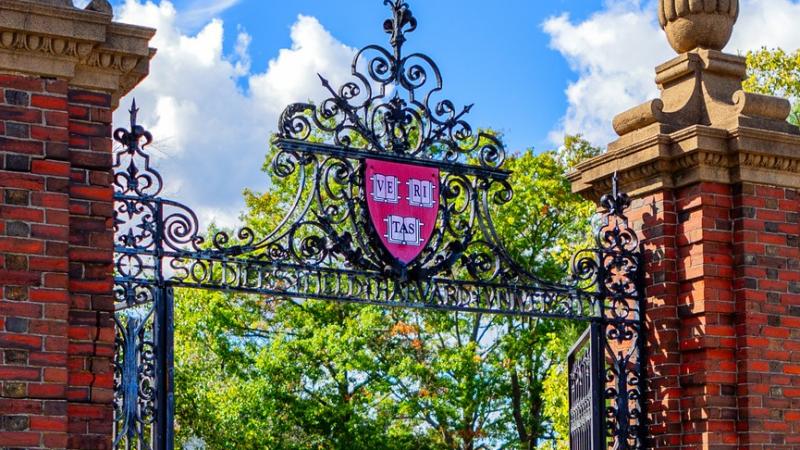More cities in western WA installing taxpayer-funded EV charging stations
According to mybellingham.com, $1.5 million for the program comes from the Washington State Department of Transportation and a little more than $2.5 million comes from the city’s voter-approved Transportation Fund.
The city of Bellingham is putting in more electric vehicle charging stations.
In the spring, the city installed four solar chargers at Civic Field, Squalicum Creek Park, Cordata Park and Lake Padden Park, and plans to add more charging stations by the end of the year, including several in Fairhaven and downtown Bellingham.
According to mybellingham.com, $1.5 million for the program comes from the Washington State Department of Transportation and a little more than $2.5 million comes from the city’s voter-approved Transportation Fund.
The city claims it’s “making strides toward keeping our air clean and hitting our climate action targets.”
But are solar charges in Bellingham and other cities in western Washington – an area known for its often cloudy skies and rainy weather – really a good investment of taxpayer dollars?
“The chargers are about five times as expensive as installing grid-connected chargers and they produce far less electricity for users,” Washington Policy Center Vice President for Research Todd Myers wrote in a Thursday blog. “They are yet another example of incredibly wasteful projects justified in the name of fighting climate change even as they do virtually nothing for the planet.”
As previously reported by The Center Square, the city of Tumwater announced earlier this year that it was installing a solar-powered EV charger at a city park at a cost of just under $100,000, mostly funded through a grant from the state Department of Commerce.
Alyssa Wood, Tumwater’s sustainability coordinator, told the city council that the charging station could also power electric bikes and wheelchairs, in addition to automobiles.
“This will be especially helpful in areas where we don’t have existing electrical capacity, or we don’t want to trench through things like athletic fields,” she said. “This is a pilot, so it has the opportunity to scale up if successful.”
Myers told The Center Square that Wood's claims that the solar-powered EV charger is expected to give about 300 miles of charge every day are “completely inaccurate.”
“That is under the best circumstances – in a sunny part of the country during the summer,” Myers said, suggesting Wood’s testimony exaggerated even the company’s highest estimate.
Bellingham says the EV charging stations are part of the city’s goal for a sustainable, equitable and healthy community, writing on its website, “Climate change and the activities that accelerate it pose serious health and safety risks to our community. For example, air pollution produced by gas-powered vehicles, power plants, fossil fuel appliances, and wildfires.”
As Myers notes in his blog, "Like those in Bellingham, Tumwater’s charger is in a park. While it is probably nice for EV owners to be able to charge while they are in the park, it is unlikely that the charge is necessary for them to get home. It is a luxury, not a necessity."















